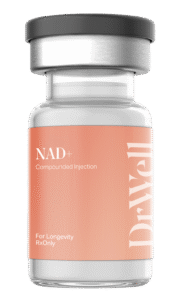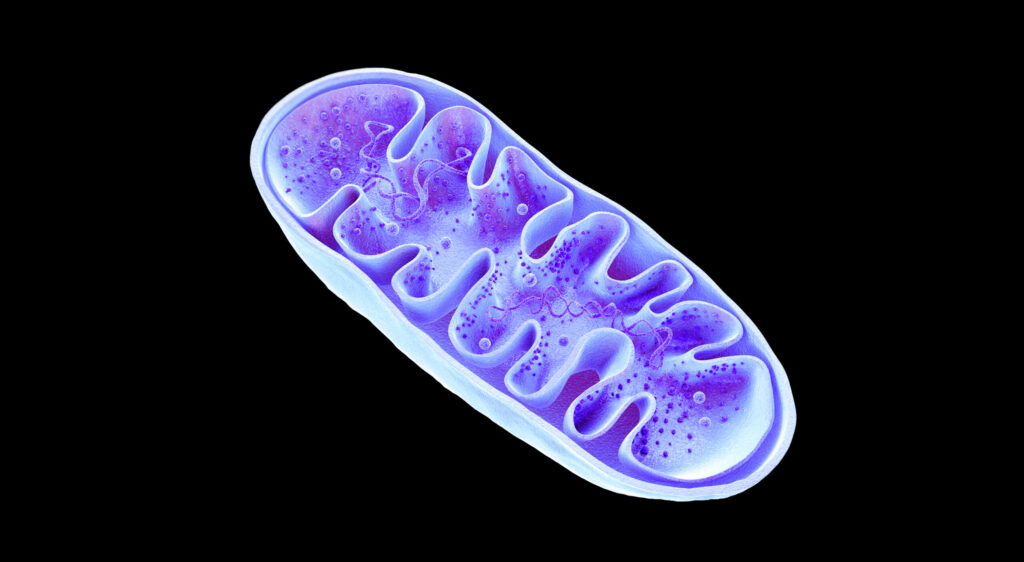We often think of aging as something that happens on the outside—wrinkles, gray hair, or slower metabolism. But the story of aging actually starts deep inside your cells, with something called cellular energy.
Understanding NAD+
There is a vital coenzyme found in every cell of the body, called NAD+ (Nicotinamide Adenine Dinucleotide). It plays a critical role in energy metabolism, DNA repair, and healthy cellular function.
Think of NAD+ as the spark plug of your cells’ engines. Without it, your body simply can’t run efficiently.
Why NAD+ Declines With Age
One of the most important things to know about NAD+ is that your body doesn’t keep the same supply forever. In fact, research shows that NAD+ levels naturally decline as we get older—and sometimes by a lot.
So why does this happen? Scientists believe there are a few key reasons:
Increased demand. As we age, our cells face more DNA damage, oxidative stress, and inflammation. Repairing and managing these stressors uses up NAD+, so more gets consumed.
Slowed production. The body makes NAD+ from vitamin B3 precursors, but with age, the enzymes that help create it (like NAMPT) don’t work as efficiently.
Cellular stress. Aging tissues experience shifts in metabolism, oxidative stress, and inflammation, all of which speed up NAD+ depletion.
Often, by the time we hit middle age and beyond, many tissues are running on a much smaller NAD+ supply than in our younger years—contributing to feelings of lower energy, slower recovery, and the gradual changes we associate with aging.
The Link Between Cellular Energy and Longevity
Scientists are finding that maintaining higher levels of NAD+ may help protect cells from damage, support mitochondrial function (your cells’ powerhouses), and keep your metabolism working smoothly.
This connection has made NAD+ one of the most exciting areas of research in longevity and wellness. Supporting NAD+ levels may help you not just live longer, but live with more vitality.
Supporting Your NAD+ Levels
Exercise. Regular physical activity helps stimulate NAD+ production.
Balanced nutrition. Foods rich in vitamin B3 (like poultry, fish, and whole grains) can support NAD+ pathways.
- Sleep. Restful sleep helps regulate natural repair processes tied to NAD+.
- NAD+ supplementation. NAD+ therapies (like injections or IV infusions) deliver direct support to your cells, bypassing the digestive system for maximum absorption.

Meet NAD+ Injections
At DrWell, we offer NAD+ therapies designed to deliver this essential molecule directly into the bloodstream for enhanced bioavailability and faster effects compared to oral supplements. This form of administration bypasses the digestive system, ensuring that more NAD+ reaches the cells where it’s needed most.
